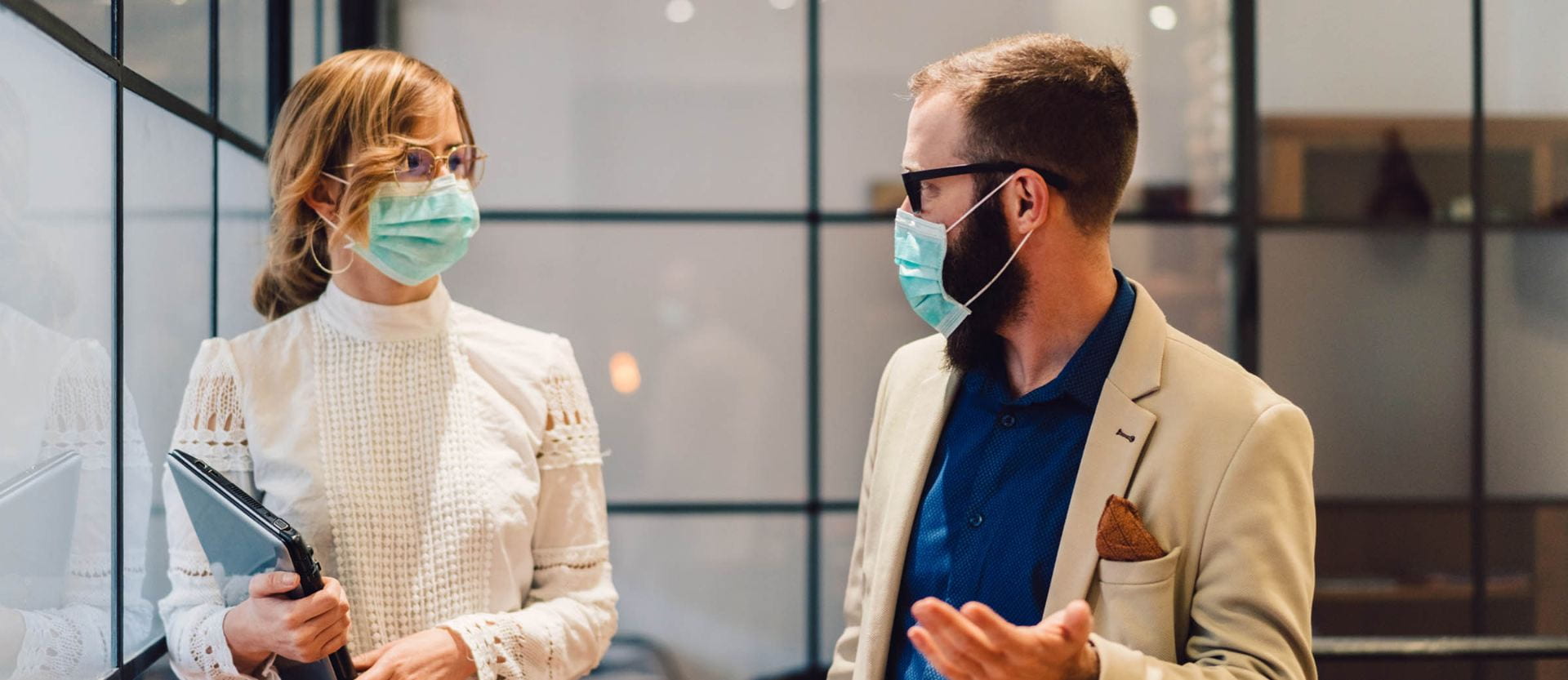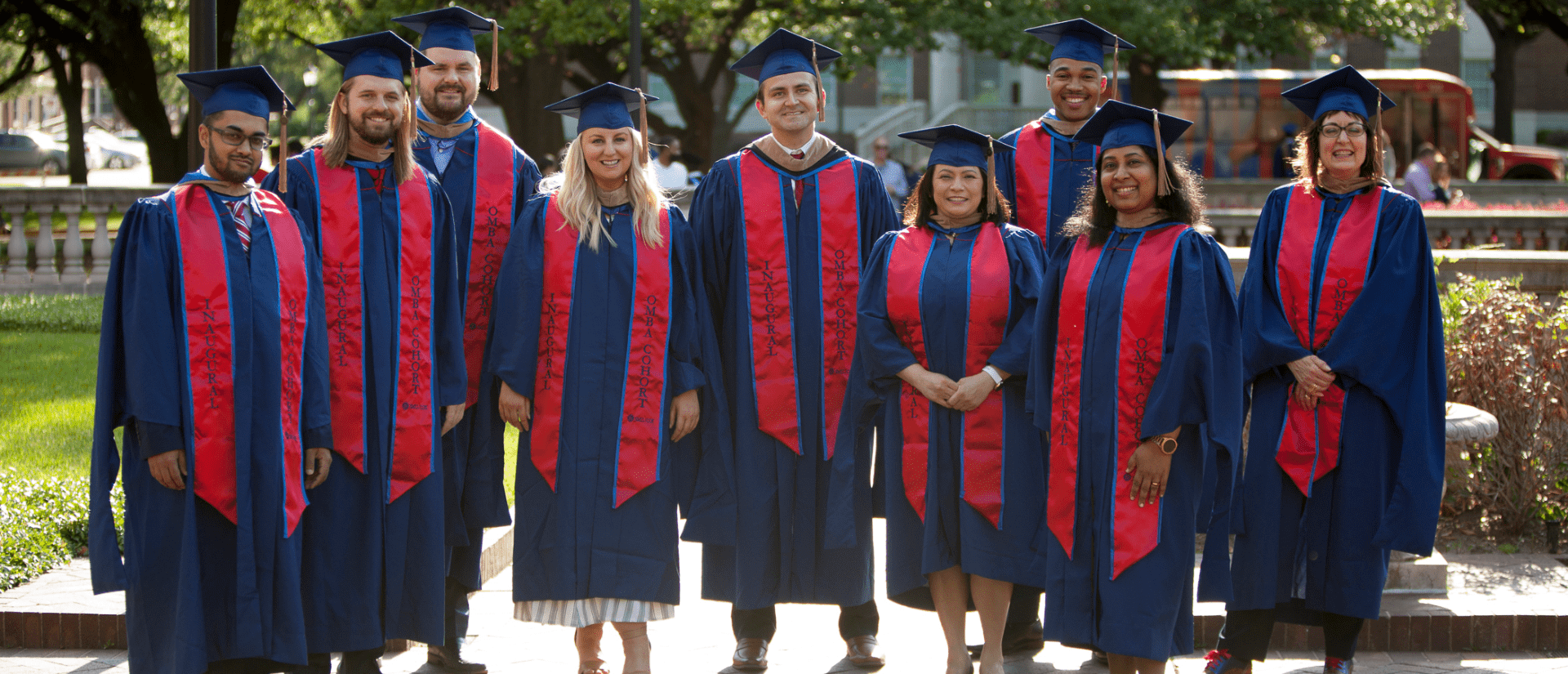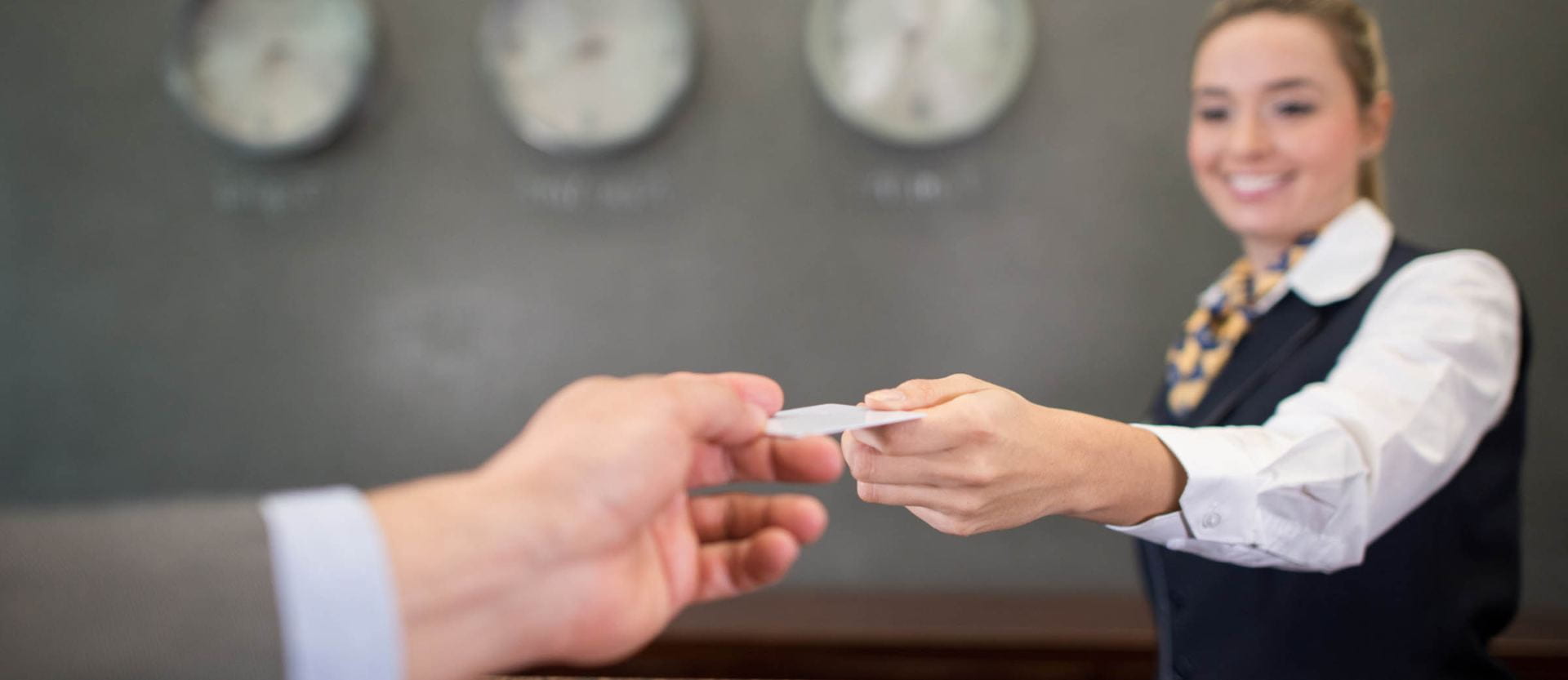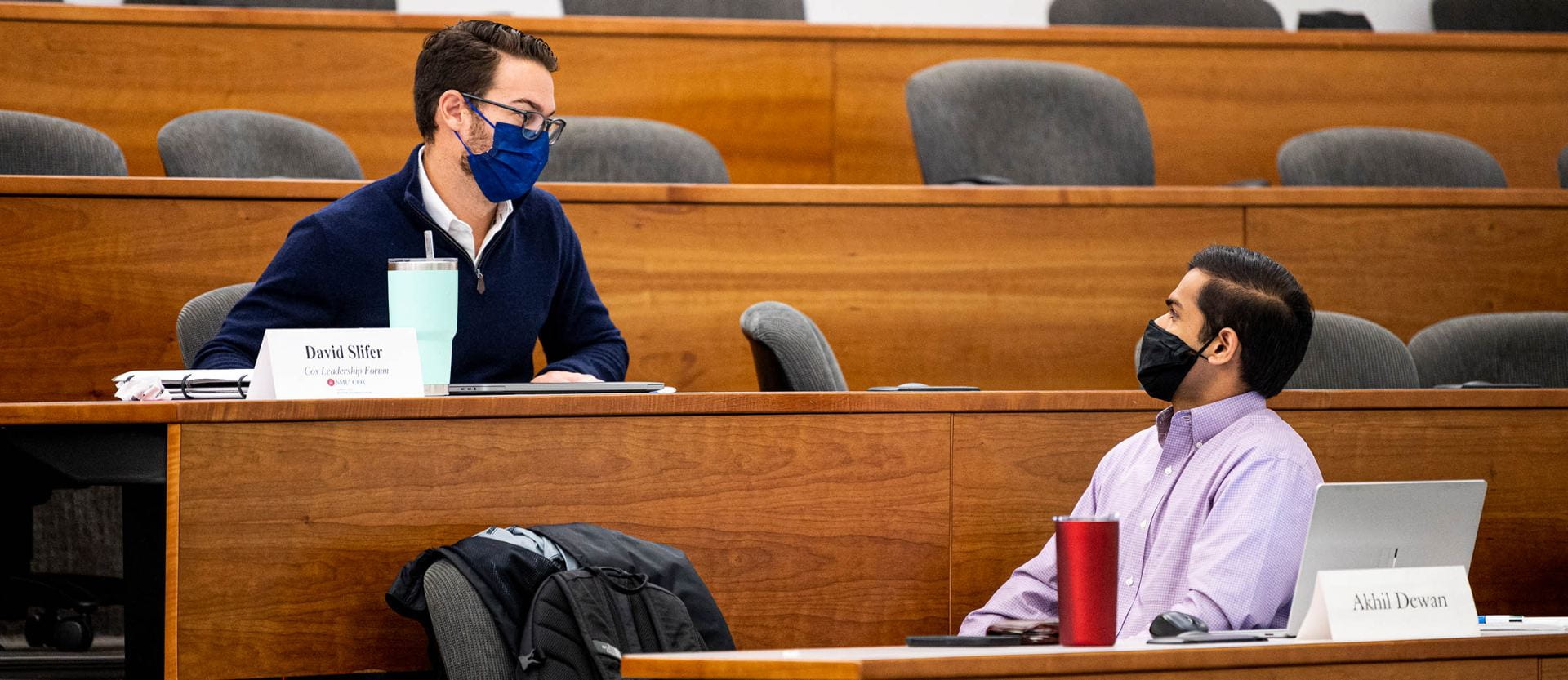The COVID-19 pandemic has cut across many areas of people’s lives, with none so apparent as in the workplace. In a new study, essential workers with face-to-face interactions offer researchers the opportunity to understand how coworkers treat each other when one shows up ill and what it means for the workplace of the future. SMU Cox management and organizations associate professor Marcus Butts and his co-authors discover that coworkers are displaying more concern for and less mistreatment of ill colleagues rather than self-interested behavior in this time of COVID-19.
People often come to work sick for various reasons — oftentimes it’s for financial responsibilities, fear of job loss or to be a team player. This workplace issue, called “presenteeism,” pre-dates the COVID era, but is even more salient as the coronavirus is highly transmissible and can deliver a wide range of negative health outcomes. When an employee attends work in ill health, it is considered a stressful event at the workplace with costs and consequences to the overall organization, the research notes.
As the many yard signs peppering lawns in the U.S. suggest: “We are all in this together.” Butts and his colleagues find there’s some truth in the slogans, but more needs to be addressed. The research further highlights what is happening on shop floors, offices and other work settings when health and work collide in a more granular way.
Study Finds More Altruism Except Under High Workload
The pandemic has offered a unique setting for management scholars to analyze how coworkers behave when someone shows up to work ill. The present circumstance acutely reveals whether people are more interested in self-preservation or showing concern about their fellow employees. Butts and his co-authors were motivated to learn what the COVID environment illuminated and what lessons could be applied for a better workplace culture.
In today’s pandemic context, employees can be concerned at a distance. Butts mentioned that due to the masking protocols of COVID-19, wearing a mask helps mitigate some of the fear about health and safety issues and allows coworkers to show more concern for each other. To identify qualitative findings, respondents in the study were asked to keep a diary of their thoughts and feelings when in contact with an ill coworker over the study period. “We found it fascinating that people didn’t shirk away — knowing someone could get you really sick. So, it was a unique opportunity to study this in the face COVID-19, not simply as a common cold fear factor.”
The research looked at a wide cross-section of workers in two separate samples. Participants were from various occupations, including cashiers, nurses, teachers, managers, administrative assistants, and customer service representatives. The authors specifically considered how coworkers treat ill employees, and the underlying rationale for that treatment when faced with a situation of presenteeism.
There are two behaviors employees typically engage in toward ill coworkers, either avoidance and/or incivility. However, self-concern or empathy served as levers that increased or decreased these behaviors. Butts mentions that displays of concern for oneself results in ‘fight or flight’ in terms of avoidance or incivility. For example, “When a bear attacks, one can either get out of its way or aggressively defend oneself,” he notes. “Or a coworker’s orientation may be one of altruism — the good Samaritan. Then, that feeling of concern about the health and well-being of the employee encourages more helpful and pro-social behaviors rather than distancing.”
The research found that of the two pathways, “contrary to the basic assumption that we are self-interested creatures, people were more often altruistic,” Butts relays. “Just like animals in the wild, even predators, people looked out for one another. Surprisingly, this occurred more often than the self-interested motive.”
In the research, workload played an important role in influencing how employees treated each other. Butts says, “If an employee had a tremendous amount of workload, then self-interested motivations kicked in and mistreatment occurred. This mimics the stress literature, that when one is frazzled or overworked, they tend to not have the bandwidth to care for others and therefore look out for oneself.” Given business layoffs during the pandemic, Butts believes this is more problematic because we now have more workload issues for remaining employees. Additionally, with limited face-to-face meetings, tasks and projects can take longer to accomplish, alongside the drag of COVID fatigue running in the background.
In summary, the two recent field studies showed that when interacting with an employee who appeared ill, a coworker became concerned for the employee’s well-being, which reduced the tendency to avoid them or be uncivil. But when workloads were high, self-concern and downstream mistreatment of their sick peer became more apparent.
Recommendations for Managers
Between COVID-19 and presenteeism, Butts and his colleagues’ research findings highlight the need for better sick leave and paid time off policies within organizations and at a societal level. “Our findings reinforce the idea that organizations need to lobby politicians for better sick leave and paid time off,” says Butts. “With the expiration of the CARES Act, which offered employees some respite, the time is ripe for organizations, unions and employees to play an active role in reconsidering the importance of paid sick leave. This would address the financial motivations that encourage presenteeism and remove it from the equation.”
Due to COVID-19, Butts suggests that managers need to consider workload and the health of their employees. In addition to better paid leave policies, Butts says that the benefits of collaboration are made apparent. “Even when the pandemic ends, there will be other public health issues that arise, so instituting workplace norms and a culture of caring is a very important step to move organizations forward,” he says. “This type of compassionate climate will buffer some of the self-driven motivations that can occur in employee settings.”
The paper “Are You Sick? Understanding the Effects of Presenteeism on Workplace Mistreatment during COVID-19” by Shannon Taylor of University of Central Florida, Marcus Butts of Cox School of Business, Southern Methodist University, Michael Cole of Texas Christian University and Troy Pounds of University of Central Florida is under review.
Written by Jennifer Warren.














